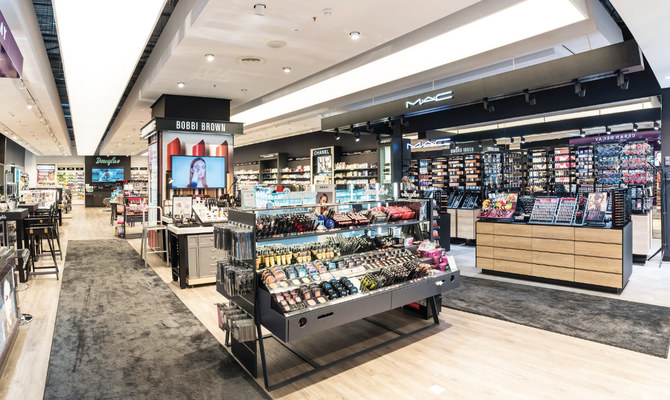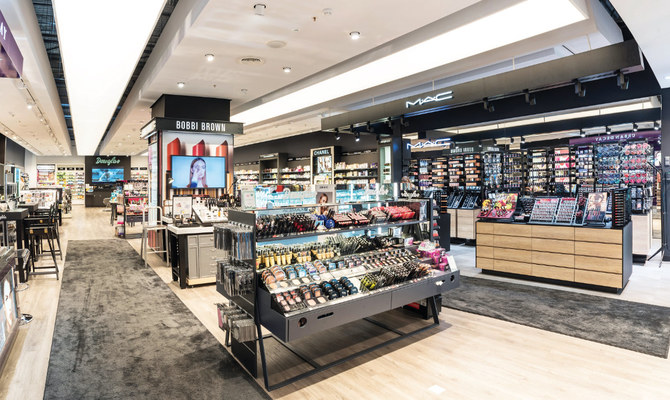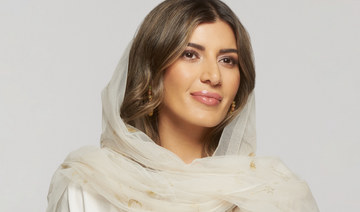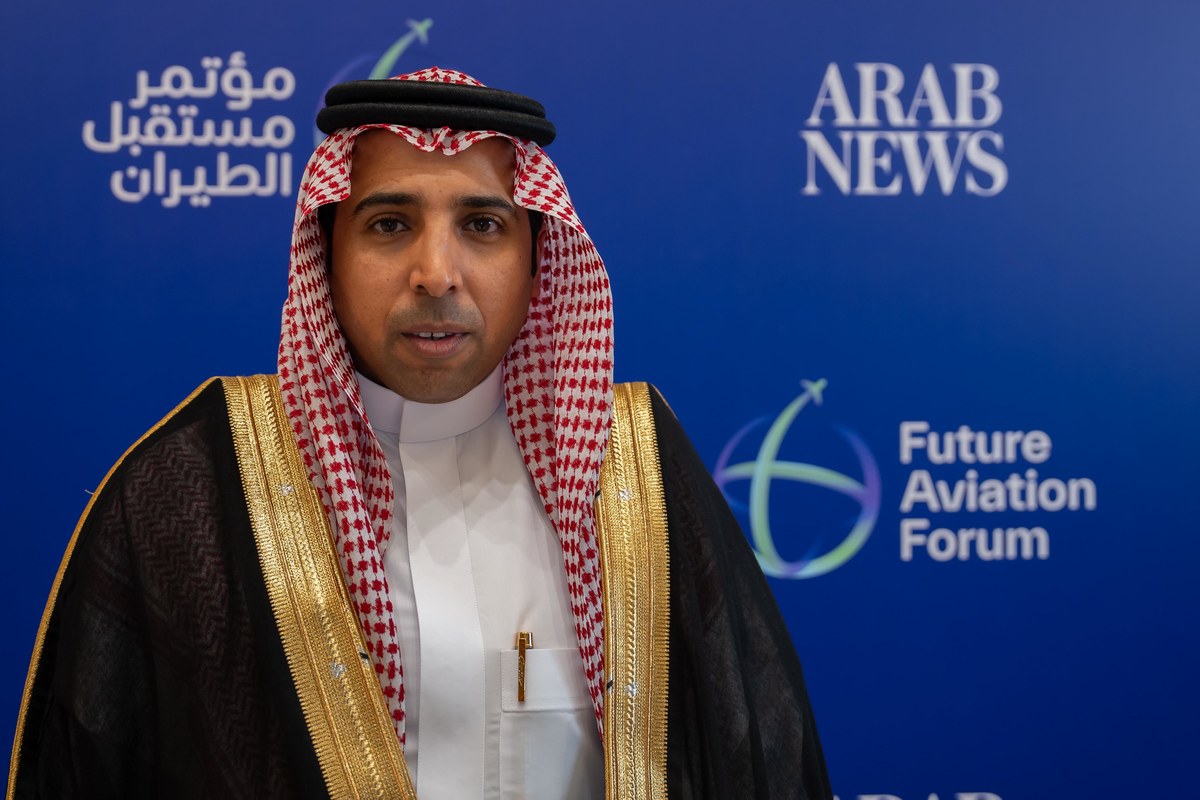RIYADH: Beauty has always been big in Saudi Arabia, but over the last few years the cosmetics market has grown exponentially.
According to a recent report titled “Decoding the Beauty Consumer in the GCC (Gulf Cooperation Council)” — released in July 2023 by the Dubai headquartered luxury goods retailer and distributor Chalhoub Group — Saudis are the highest spenders on such products in the Middle East.
The report, which gathered its findings from 2,600 consumers, a four-day ethnography with 30 participants, and over 15 expert interviews, focused its discoveries around three core pillars: consumer purchasing behavior trends, the definition of beauty standards in the region, and the top categories most appealing to GCC customers.
“The Saudi beauty market is an emerging market with incredible opportunity for so much development and it is currently experiencing rapid growth, especially in the luxury, beauty and fashion category, making it one of the fastest-growing in the GCC,” said Larabella Riaz, founder and CEO of The BDinc, a young beauty distribution firm based in Dubai Design District.
“Several factors contribute to this growth and one is that more than half the population are under the age of 30 years old,” added Riaz.

Al-Rashid’s brand reflects a growing interest from the Kingdom’s younger population to focus on their appearance not just through makeup but through self-care products that are also natural and good for the environment. (Supplied)
The executive pointed out that there are many strong beauty retailers in Saudi Arabia, with companies such as Sephora, Faces and Al Nahdi developing their beauty offerings to keep up with the rapid growth within the sector.
As Riaz emphasizes, and the Chalhoub report further states, Saudi women are the “most engaged users of makeup and fragrance and gain most of their inspiration from social media.”
The report also says that in the Kingdom traditional retail is the main purchase channel, with 46 percent of spend share on fragrances, a staple product for the Middle Eastern beauty market.
Saudi women also focus greatly on eye products, with these taking a magnified importance in beauty and makeup routines. Eyeshadow and mascara indexed at 71 and 83 percent respectively over three months this year.
According to Expert Market Research, the Saudi cosmetic products market is expected to grow at a compound annual growth rate of 5.6 percent between 2023 and 2028, fueled by a growing demand for organic and personal care products.
“Saudi customers are also savvy and aren’t afraid to mix brands as they can easily identify best sellers from each brand,” Micayla Naidoo, head of marketing and communications at The BDinc told Arab News.
She added that changing social and cultural norms in Saudi society have also placed an increasing emphasis on self-expression and individualism.
“This shift has led to a greater acceptance of beauty and cosmetic products,” said Naidoo.
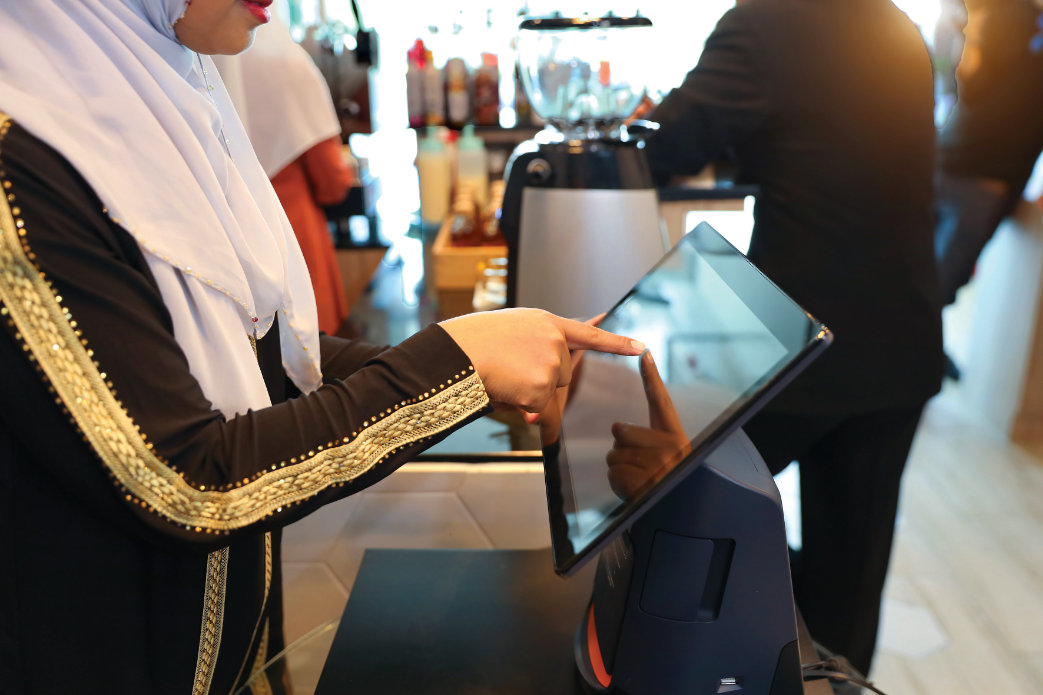
The executive outlined further factors that have led to growth in the market, including the Kingdom’s economic diversification away from a solely hydrocarbon-based economy.
“The change has led to increased disposable incomes and consumer spending on luxury and beauty products,” she says. “Digital transformation is another. The rise of e-commerce and social media has made beauty products more accessible to a wider audience.”
Naidoo added that online platforms provide consumers with easy access to a variety of merchandise and trends, directly resulting in more brand awareness and education about the industry in the Kingdom.
There is also, increasingly, a greater demand for halal beauty products in the Kingdom as Muslim women engage further in society.
The allure of the beauty industry has appealed to companies and consumers worldwide.
According to a report from market research agency McKinsey & Co’s, defined as skincare, fragrance, makeup and hair care, generated around $430 billion in revenue in 2022.
This is forecast to reach approximately $580 billion by 2027, growing by 6 percent per year.

Saudi beauty market is growing and will continue to grow. Saudi is the fastest growing country in the GCC in terms of population, and because of Vision 2030. A lot is changing here.”
Sarah Al-Rashid, founder of Asteri
While the report stated China remains the industry’s biggest market, it is expected to stabilize at 8 percent growth, while the US will register at a CAGR of nearly 6 percent.
Beauty is a dynamic segment, ripe for expansion, and the McKinsey report believes the most promising regions “ready to step into the limelight” are the Middle East and India.
The industry’s growth across the Gulf will see many brands creating their geographic strategies which require a variety of “localized playbooks” that cater to regional Arab preferences and styles.
Of note, the report underlines a shift in beauty perception in the GCC market away from embracing European ideals to desiring more Arabic and Middle Eastern features.
“Consumers want looks that are more ‘real’ by expressing their unique beauty and features,” states the Chalhoub report. “Replacing Western beauty icons, consumers are now looking more toward local celebrities and influencers that celebrate Arabic beauty.”
This is reflected in the growth of homegrown Saudi beauty brands.
Riyadh-based Sarah Al-Rashid launched her brand Asteri earlier this year.
“Asteri is the first Saudi clean vegan makeup brand,” Al-Rashid told Arab News. “We pride ourselves in being desert proof. Desert proof is a test that we’ve created to make sure that our products are long lasting in the heat and humidity and in extreme weather, in general.”

The brand, she continues, reflects Saudi heritage in terms of its design colors, which focus on warm chocolate, creams and sand-colored hues, as well as its motifs, including calligraphy, and icons stemming from Saudi heritage and culture.
The brand also incorporates many local natural ingredients, like moringa plants and date seed oil. One of their most popular products is the brand’s Legacy Lipstick, which is formulated with moringa, argan oil and lychee fruit extract to moisturize, soften and nourish the lips.
Al-Rashid’s brand reflects a growing interest from the Kingdom’s younger population to focus on their appearance not just through makeup but through self-care products that are also natural and good for the environment.
According to Expert Market Research, Gen-Z in Saudi are increasingly incorporating skincare, makeup, and hair care products into their daily grooming routines, leading to increased spending on these items across the nation.
“Saudi beauty market is growing and will continue to grow,” said Al-Rashid. “Saudi is the fastest growing country in the GCC in terms of population, and because of Vision 2030. A lot is changing here.”
Al-Rashid believes the expanding job market for women has also contributed to the growth in the Saudi beauty market.
“Women used to never leave their homes during the daytime, so they never used to wear makeup during the day,” she continued, adding: “But nowadays, they are always out and about and at work.
They want to look nice and so they wear makeup. Our brand is here to be a friend of the working and modern Arab woman. We want to help her look and feel good.”
“We want to change the perspective of Saudi women not just here but worldwide,” she added. “We are aiming for a global reach.”


